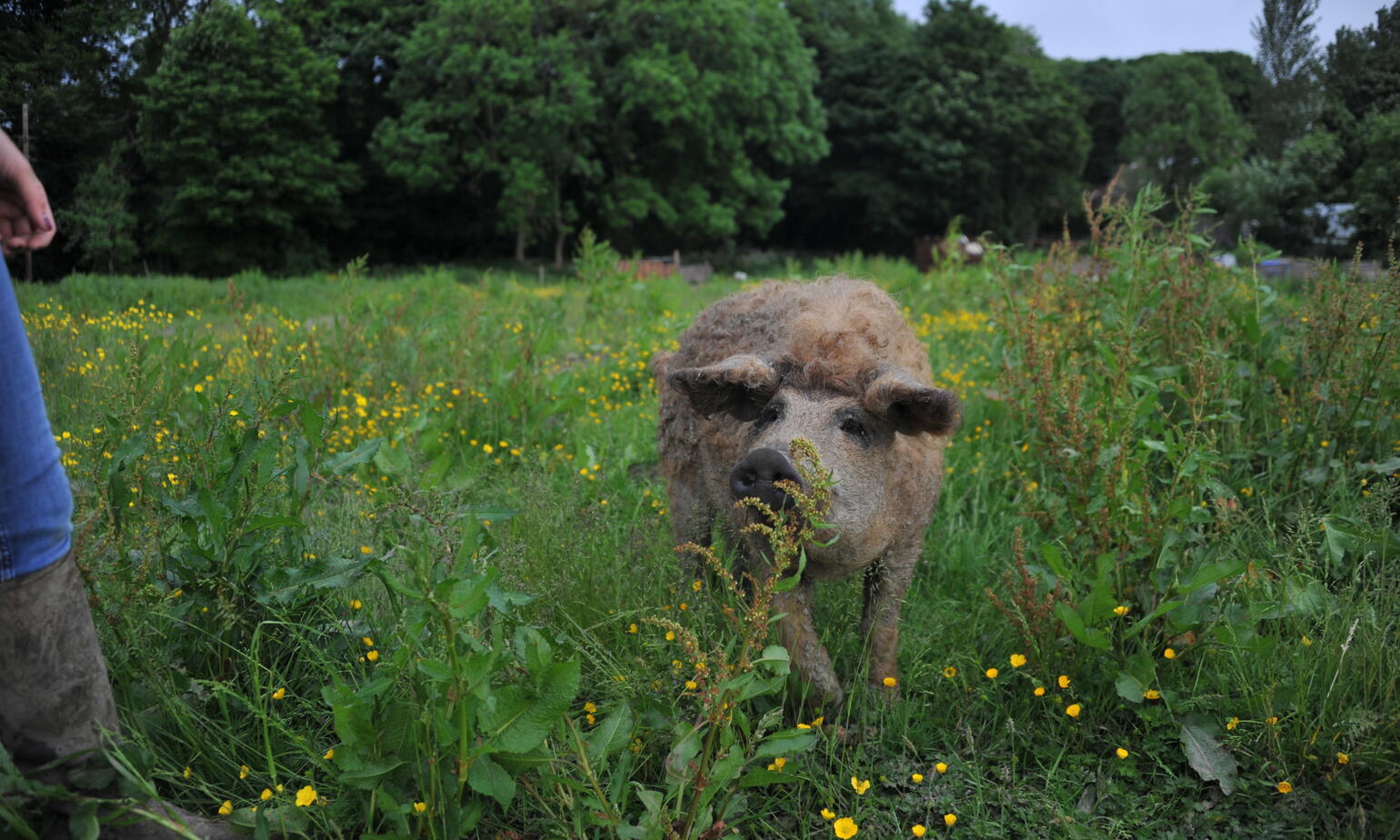Familiarity Breeds Conservation

At Farmison & Co we often get asked why eat rare (and native) breeds, if they're so rare. It might sound a little strange, but it is precisely because they're so rare we should eat their meat.
That's because if there is shown to be a viable market for the meat of rare breed animals, then breeders would take greater efforts to increase the size of their herds, widen the gene pool, and bring more meat to market.
It is the onset of industrial farming in the twentieth century, as well as the import of continental breeds that's put many of our native breeds in such a precarious position.
For instance a Large Black pig takes that little bit longer and more food to fatten up to its optimum weight before slaughter, making it that little bit more costly. Similarly the switch in the 1950s to the use of the 'broiler' chicken which promised tender meat and readiness for slaughter in six weeks, did much to damage our traditionally free range native breeds of chicken.
The Rare Breeds Survival Trust as well as dedicated breeders have played a huge part in ensuring the survival of our agricultural heritage. Founded in 1973, the Trust's ongoing conservation projects has done much to improve the fortunes of our native breeds of cattle, sheep, pigs, goats, poultry, and horses. You can read more about their watch list of threatened breeds here.

Some breeds are sadly so rare that eating their meat on a regular basis is just not possible. There are for instance only 150 breeding females of the Whitebred Shorthorn and the Vaynol left, while fewer than 300 breeding females of the Boreray sheep are left.
Yet if we support these breeds as consumers we can ensure their survival. There's already been some great success stories, such as the Oxford Sandy Black, which has come back from the brink twice to be one of star breeds of pork.
Conservation and expansion of these breeds isn't the only reason though for choosing native breeds. For starters, they simply taste much better than intensively produced animals. This is because they typically take much longer to fatten as animals, meaning their meat is well marbled, with slowly developed taste and texture.
As breeds too they benefit from a different style of farming, rather being produced on an industrial scale. That's why we favour farms which ethically put their animals out to pasture, usually in lush Northern uplands, and allow our porkers to mature at their own pace.
This approach of quality grazing and keeping husbandry as simple and traditional as possible means you can actually taste the difference between breeds.
Our ever changing selection reflects ever changing availability of rare and native breeds, with only a limited amount of meat which has been dry aged for the required time ready to go. However if there's something in particular you'd like to try please get in touch and we'll be sure to keep you informed.

